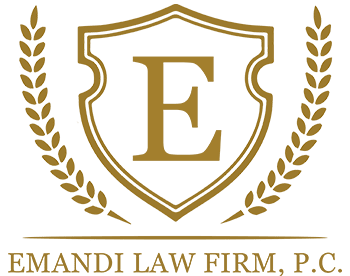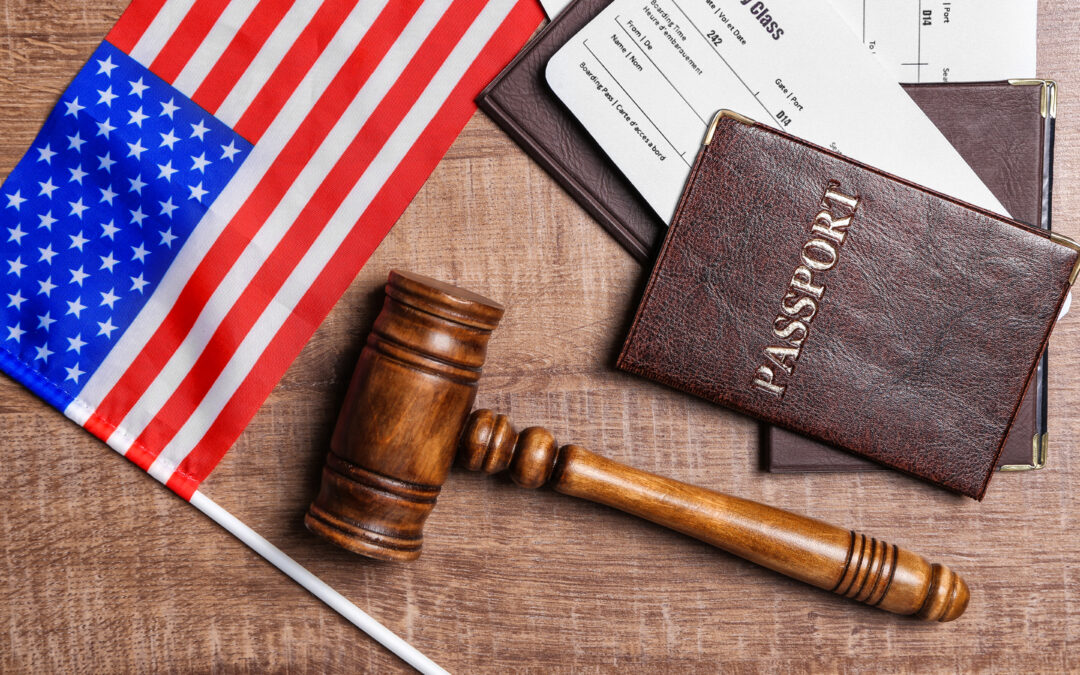On August 12, in relation to the outstanding ban implemented by President Donald Trump on June 22, the US Department of State announced exceptions to the entry of foreign and non-immigrant visa workers on H-1B and L-1 visa holders who have been working out of the US or visiting abroad. The initial ban suspended the entry of foreign nationals on H-1B, L-1 and other temporary visas until December 31, 2020. In the latest travel advisory, the State Department is permitting certain categories of workers and non-immigrant visa holders in the national interest including their spouse or children to obtain visas and enter the US. This action by the State Department was purportedly to carve exceptions for visas in the national interest, however, the fact is that the Trump administration sustained lawsuits by visa holders requiring preliminary injunctions to issue decisions on plaintiffs requesting H-1b and H-4 visas and the State Department is reacting to perhaps avoid further litigation.
Now the State Department has created requirements that have not grounded into U.S. law nor regulation imposing the following requirements for the visas:
1. Extension of stay cases for H-1bs can be exempt from the same employer if the consular officer determines from the visa application the continuing need of the employee with the US employer. (If an applicant is performing an essential function for the employer but remote work while situated abroad does not meet the criterion).
2. Secondly, the applicant’s role meets a critical infrastructure need in sectors like chemical, communications, dams, defense industrial base, emergency services, energy, financial services, food and agriculture, government facilities, healthcare and public health, information technology, nuclear reactors, transportation, and water systems and the job duties provide unique contributions to the employer.
3. Third, the wage rate paid to the H-1B applicant meaningfully exceeds the prevailing wage rate by at least 15 percent which essentially means this is an important business need in light of an unavailable US worker.
4. Fourth, the H-1B applicant’s education, training and/or experience provides unique/advanced expertise in the specialized occupation and the denial would result in financial hardship to the US employer.
According to the new advisory, H-1B visa holders who are public or private healthcare professionals or are engaged in medical research in an area with a substantial public health benefit will be allowed to travel. Further, H-1B visa holders whose services have been requested by any US government agency such as those working the information technology and support services will be allowed to return to the US. Non-government information technology workers will be allowed to travel to the US if they are traveling back to resume employment with the same organization they were before the June 22 proclamation. Technical specialists, senior managers, and other workers whose travel is necessary to facilitate the immediate and continued economic recovery of the United States will also be allowed to travel.
Further, the following exception applies to L-1 visas, “L-1A applicants seeking to establish a new office in the United States likely do NOT fall into this category, unless two of the three criteria are met AND the new office will employ, directly or indirectly, five or more U.S. workers.” According to the data available from the US Department of Labor, in 2018-19 alone, for example, tech giants Google, Facebook, and Apple hired more than 13,000 highly skilled IT employees with H-1B work visas, either directly or from existing H-1B visa holders looking to change jobs and continue their stay in the US.
We, at Emandi Law Firm, will keep you posted about any further updates and new exemptions to the current administration’s laws.
Related Blogs: https://emandilaw.com/apply-for-us-citizenship-before-the-fee-hike-on-october-2-2020-2/
For recent immigration law news and updates, stay tuned to Emandi Law Firm. Feel free to reach out with questions at [email protected] or visit www.emandilaw.com

